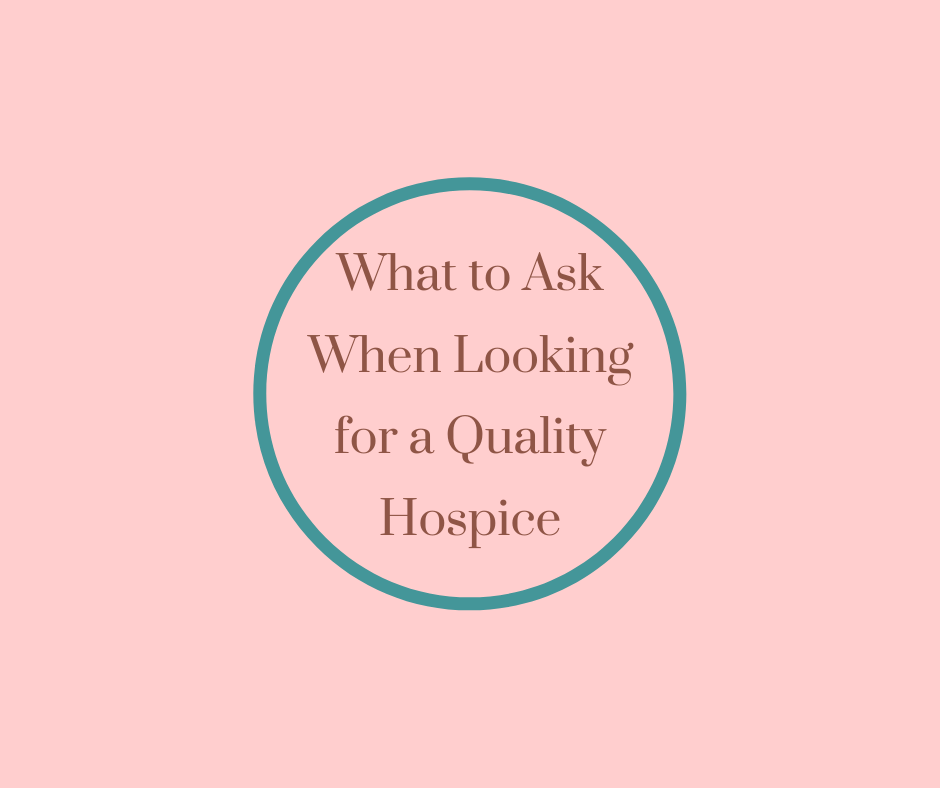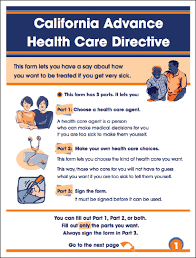Dear Barbara, There is much in today’s media about the negative aspects of hospice care. Is not-for-profit better than for-profit? What about quality of care issues? It is very sad to see hospices turned more and more into corporate business models with less and less care for, and response to, patient needs. Far more is focused on corporate bottom lines. Please comment.
Over the years I think Hospice service has changed from its original intent. When hospice started, choosing it was for the patient and family, almost like walking away from the medical establishment. They returned home to live the best a person could until they died. No blood draws, no lab values, few procedures, but a lot of education, support, guidance, and presence.
Today’s hospice is much more medically oriented. It has more protocols, more policies, more regulations, more money.
The not-for-profit vs. for-profit argument has waged since for-profits entered the hospice arena. What people don't seem to understand is that the care is not about the legal classification of the agency (they all make a profit). It is about the philosophy of the individual hospice and how that philosophy is dictated by the administrative principles of management. It starts at the top. You can have an office full of caring, dedicated staff but it is the leaders who set the tone.
The end of life avocation that hospice originally presented is becoming a gift of the past. Now it is a business with high censuses, detailed and often confusing regulations, and marketing staff and strategies separate from clinical staff.
There are more and more inpatient facilities being created but only to serve for symptom control, because that is where the reimbursement lies. Most end of life symptoms can be managed at home but not everyone has a caregiver in the home as death approaches. We need inpatient facilities that provide care during the last weeks/days of life, but at present there is no reimbursement for just dying in a facility.
Maybe the recent negative attention hospice has gotten in the Washington Post and other media sources will bring about change. More regulatory action is not necessarily the answer for those changes. Enforcing the process that is already in place rather than adding to regulations. In fact, eliminating some of the micromanaging regulations while continuing to monitor quality of care and compliance would work very well. Unfortunately, this is not what appears to be happening.
Dying is not a medical event. It is a social, communal event. I would like to see less focus on the medical aspects of dying and more support in home care. Sending someone from hospice to the home (clergy, social worker, an RN or LPN) who is trained to support and guide the family through the last moments of dying. Not for medical intervention but to support the family in the normal, natural dying process. They would provide care and support through the death until the funeral home arrives. You can call this person a doula as that is the role they would be filling. At present there is no reimbursement for that kind of service. I would like to see inpatient facilities reimbursed through the death, not just for symptom management. Most symptom management can be done at home anyway.
What I really think will happen (and is happening to a small degree) is that other options to end of life care will emerge but not under the name of Hospice. I am seeing residential care facilities that only care for the dying springing up around the country. I see end of life doulas who can be hired to support and guide the family.
How we die doesn’t and won’t change. Physiologically our bodies will die the same way they always have. How we interpret and how we see that dying, and what we do and how we react to that process, can and will change.
There are many individuals who are trying to provide the original hospice philosophy of support, guidance, teaching, and knowledgeable end of life care in hospices throughout this country. Unfortunately they are frustrated by the current medical, regulatory, and corporate systems that impact their ability to provide the care they want to give.
Something more about "...the Essence of Hospice"...
Chaplains, Social Workers and Nurses have been using my dvd set, NEW RULES For End of Life Care to educate their staff about how caring for someone at the end of their life is different than caring for someone who is going to get better. Dying is not a medical event, it's a social, communal event. There is a pdf that can be downloaded and printed at the end of the dvd which covers all that is discussed in the film.








1 comment
Marsha
I have spent the last 27 years of my life working in hospice. As a nurse,I feel that I’m doing Gods work. What an honor and a privilege to serve those on their final journey, and those who love them. I too am frustrated by the many rules and regs that require so much documentation that the time at the bedside has decreased….I miss the days when I could sit by the bed and listen to the stories of a dying grandmothers youth. To listen as a dear grandfather relives his days serving his country. To help a young mother document the things she wants her children to know as they grow up without her. To stroll with a young man as he thinks aloud of what he could have accomplished if he had had more time. I do what must be done, then spend an hour typing it into a machine, that requires numbers and words— but that cannot capture the heart of why we are there.
Oh to be able to care for people the way I would like to, so that at the end of the day, my heart is filled with a cocktail of the joy and sadness that end of like creates… I will live out the rest of my working life as a hospice nurse- good Lord and my good boss willing— and I will pray that I spend enough time and give enough support, and share enough love, that anyone who allows me into their last days will never leave this life in pain or feeling unvalued.
I have spent the last 27 years of my life working in hospice. As a nurse,I feel that I’m doing Gods work. What an honor and a privilege to serve those on their final journey, and those who love them. I too am frustrated by the many rules and regs that require so much documentation that the time at the bedside has decreased….I miss the days when I could sit by the bed and listen to the stories of a dying grandmothers youth. To listen as a dear grandfather relives his days serving his country. To help a young mother document the things she wants her children to know as they grow up without her. To stroll with a young man as he thinks aloud of what he could have accomplished if he had had more time. I do what must be done, then spend an hour typing it into a machine, that requires numbers and words— but that cannot capture the heart of why we are there.
Oh to be able to care for people the way I would like to, so that at the end of the day, my heart is filled with a cocktail of the joy and sadness that end of like creates… I will live out the rest of my working life as a hospice nurse- good Lord and my good boss willing— and I will pray that I spend enough time and give enough support, and share enough love, that anyone who allows me into their last days will never leave this life in pain or feeling unvalued.